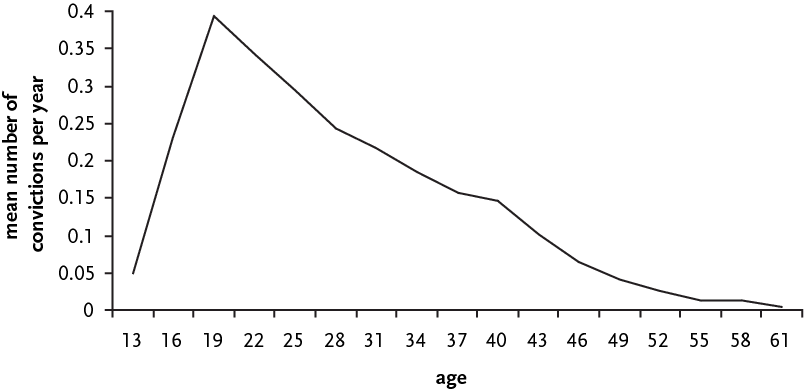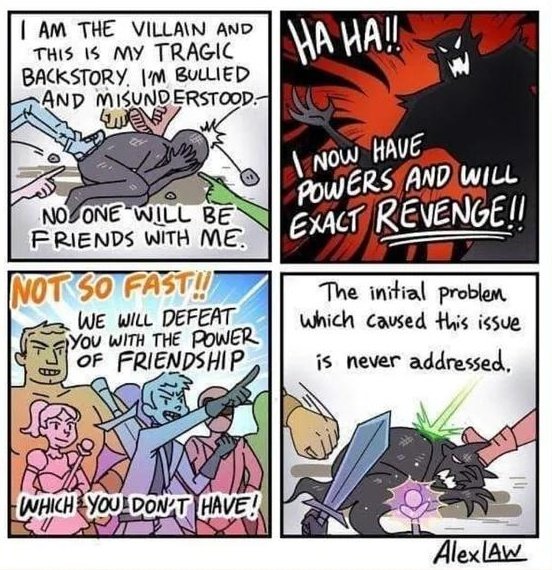The real explanation for age gap taboos: age gaps are seen as gross. Lack of consent, power imbalances, "brain age," etc. are just rationalizations after the fact for a visceral "ick." 

This is important to understand about human psychology: people are very unaware of their own motives. Practically every discipline of psychology has encountered this effect in some way.
Decision making as a subfield is no exception. Emotions precede and guide most decision-making processes. We aren't Vulcans making dispassionate decisions. 

What this means, in practice, is that people come up with very creative rationalizations to support whatever they want to believe.
The age gap taboo, and sexual taboos more broadly, are a very good example of how a visceral "ick" can motivate some creative justifications.
The age gap taboo, and sexual taboos more broadly, are a very good example of how a visceral "ick" can motivate some creative justifications.
Some people are cognitively comfortable just saying "that's gross."
But some people also need to be able to explain a "why" to themselves to avoid dissonance. "It's gross" isn't enough.
But some people also need to be able to explain a "why" to themselves to avoid dissonance. "It's gross" isn't enough.

Most of the justifications after the fact are pretty bad: "a 20 year old woman can consent to sex with a 20 year old man, but not a 30 year old man."
The "brain age" arguments in particular are terrible pop psych. Legitimate garbage.
Practically every measure of cognition shows little change at all past the late teens.
Practically every measure of cognition shows little change at all past the late teens.
That we see some additional development during the 20s is neither here nor there, since we can infer nothing about cognition or behavior from brain structure alone.
And individual differences in cognition would raise many problems as well. Can someone with an IQ of 90 consent to sex with someone who has an IQ of 120?
Can a poor performer on the Iowa Gambling Task (a bad and impulsive decision maker) consent with a high performer?
Can a poor performer on the Iowa Gambling Task (a bad and impulsive decision maker) consent with a high performer?
These are real cognitive differences that play into the ability to consent, be manipulated, etc. Age is not where we see the most variation across groups or between individuals here.
Further, we have no real cognitive "ability to consent" measure. Anyone talking about brains, cognition, and consent in adults is basically making it up.
"Life experience" as a justification works the same way.
Imagine a woman who has lived in the projects her entire life. She has done exactly the same thing from age 20-30.
Would it be wrong for a worldly neurosurgeon to date her due to differences in "life experience?"
Imagine a woman who has lived in the projects her entire life. She has done exactly the same thing from age 20-30.
Would it be wrong for a worldly neurosurgeon to date her due to differences in "life experience?"
In the little bit of research I did on age gap taboos, "power imbalances" also weren't good explanations. Age differences, however, were.
People are perfectly happy with "power imbalances" as long as they are socially and age appropriate.
datepsychology.com/age-gaps-hiera…

People are perfectly happy with "power imbalances" as long as they are socially and age appropriate.
datepsychology.com/age-gaps-hiera…


Better hypotheses for "age gaps are bad" haven't really been borne out in the research. They don't seem to result in worse relationships.
https://twitter.com/datepsych/status/1558076707826966528?t=xiQ-d5yHGARFqdoqyW4t0g&s=19
In fact, you'd probably have a better argument in favor of women selecting older men if you looked at age differences in violence and antisocial behavior.
This is overwhelmingly clustered in young men.
This is overwhelmingly clustered in young men.
It would actually make a lot of sense for women to select men who are outside of the violent and antisocial risk group.
A 20 year old woman dating a 30 year old? Lots of reasons why that might be better than dating a 20yo.
Few on either side of the debate ever bring these up.
A 20 year old woman dating a 30 year old? Lots of reasons why that might be better than dating a 20yo.
Few on either side of the debate ever bring these up.

What is left? Well, the obvious: when you see a couple that looks like this you see a huge difference in physical attractiveness.
It's really hard to put yourself in the shoes of this woman and think "yes I'm sure she finds him attractive and sexy. This is her match."
It's really hard to put yourself in the shoes of this woman and think "yes I'm sure she finds him attractive and sexy. This is her match."

What's being assessed really isn't experience, consent, brain differences, or cognition.
It's looks.
The biggest mismatch, what really stands out more than anything, is the massive difference in attractiveness.
It's looks.
The biggest mismatch, what really stands out more than anything, is the massive difference in attractiveness.
We see these huge age gaps in Hollywood that are clearly transactional relationships. Why would a young model date multiple geriatric movie stars? The same reason attractive young women do things like enter sex work.
You can put yourself in the shoes of this woman and imagine having to touch the old guy, kiss him, etc. and it's unquestionably repulsive.
If she were dating a DILF silver fox no one would blink an eye. There aren't a lot of hot older guys, but men like this receive no shortage of desire from younger women. 







Never in all of the age gap discourse have I seen a genuinely attractive couple used as an example. The examples selected are always people who are highly mismatched in their physical appearance.
Not a word about George and Amal, Blake and Ryan, or Chris and Kat:


Not a word about George and Amal, Blake and Ryan, or Chris and Kat:



And because attractive older men are rare, most women don't have an "I dated a hot older guy" experience. But, most women do have an "I received unwanted sexual attention from a gross older guy" experience.
It's really easy to see how "I don't approve of age gaps" is driven by "the most salient age gaps are really gross on a physical and sexual level."
And there are a lot of age gaps you probably don't even recognize simply because the couple is well-matched in physical appearance.
And there are a lot of age gaps you probably don't even recognize simply because the couple is well-matched in physical appearance.
• • •
Missing some Tweet in this thread? You can try to
force a refresh

 Read on Twitter
Read on Twitter













